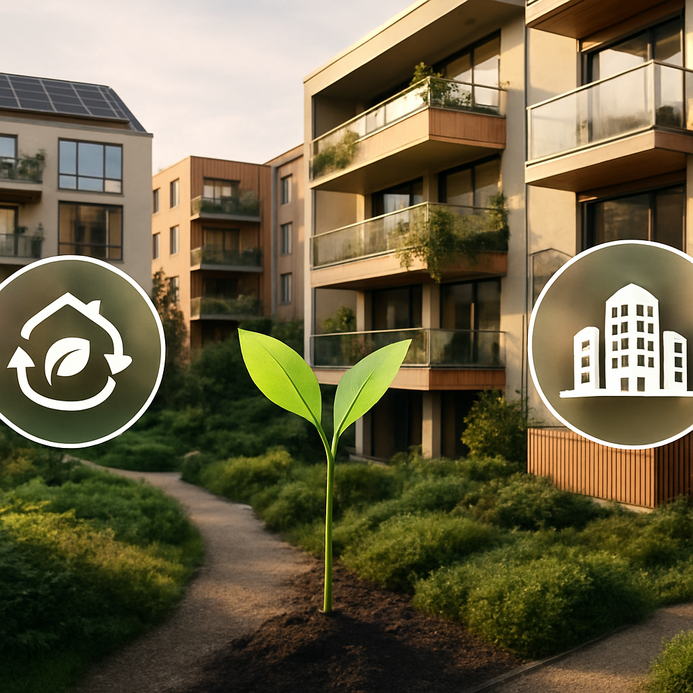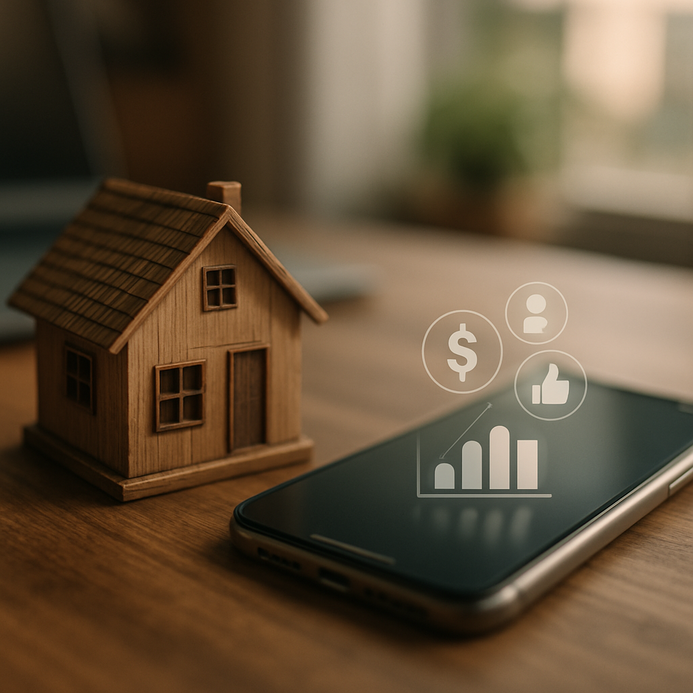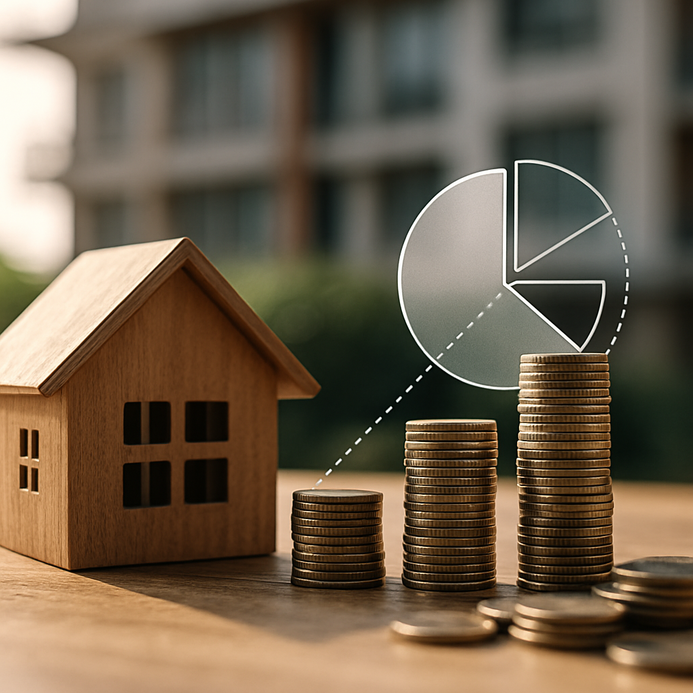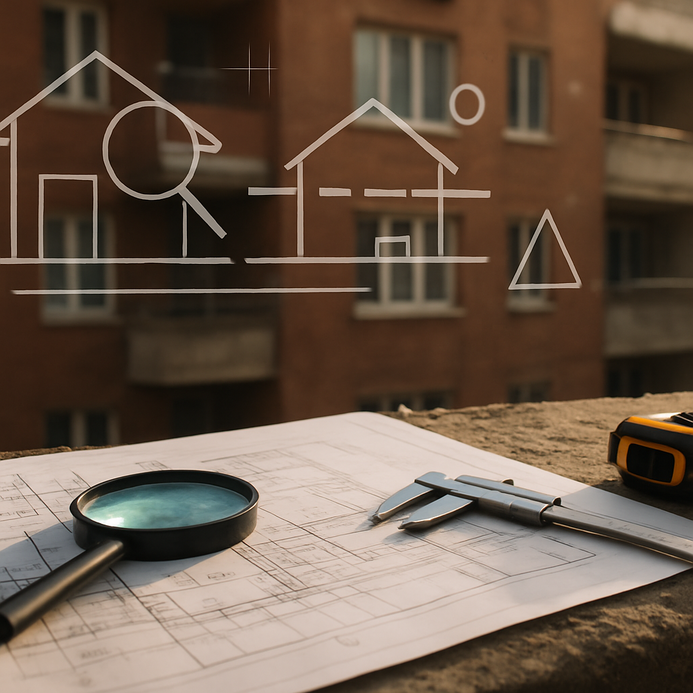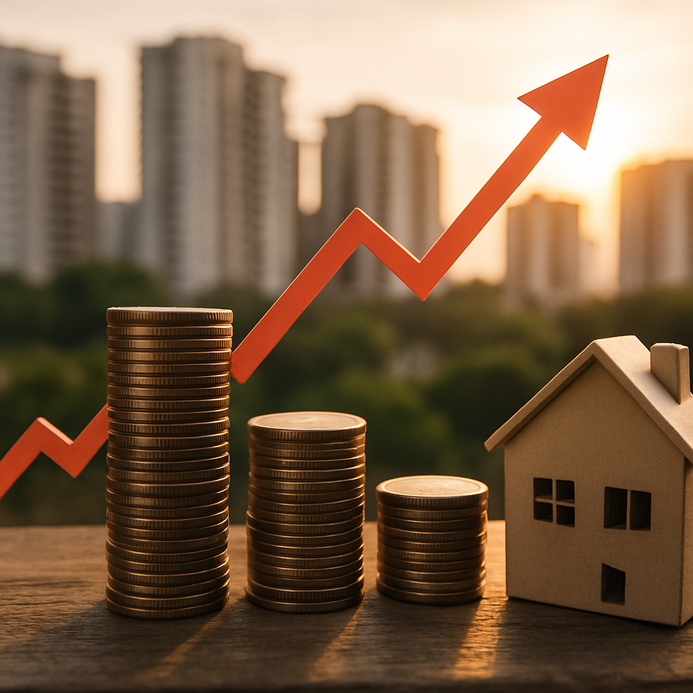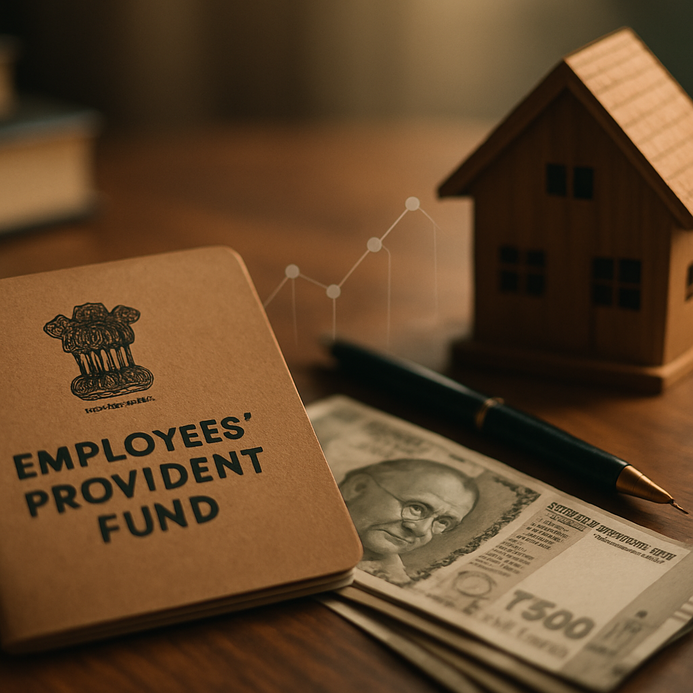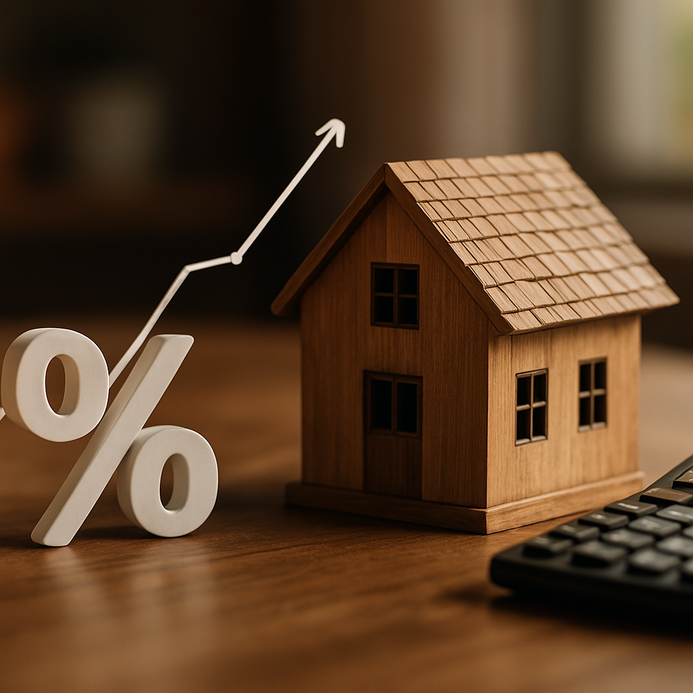Home Design Ideas Interior Made Simple: First-Time Buyer’s Guide
Introduction: Embracing Your New Space
Moving into a new home? It’s kinda thrilling, isn’t it? You get this blank canvas, a chance to pour your personality into each corner. The idea of turning empty rooms into a cozy sanctuary is just the start of an exciting interior design adventure. As you unpack, think about all the ways you can let your imagination run wild.
But hey, before you dive in, planning is key! You want those visions to come to life without breaking the bank. Digging into colors, choosing furniture, and playing with textures can make your place feel welcoming. Each room’s gotta work for you, not just look good. So, how do you see your space functioning?
Here are some of the home design trends making waves in 2025:
| Trend | Description |
| Victorian Influence | Think intricate patterns, ornate details. |
| Japandi Style | The best of Japanese minimalism meets Scandinavian simplicity. |
| Earthborn Elegance | Organic materials mixed with natural hues. |
| Soft-to-Touch Textures | Comfort is king in fabric choices. |
Ready for some more inspiration? Check out articles like 6 Trends Defining Home Décor in 2025.
In short, kick off this journey with both a vision and a budget. It’s all about creating a home that shouts “you!” Embrace the fresh start and watch the transformation happen!
When to Start Planning Your Home Interior
Don’t sleep on this, starting your home interior planning early can really boost your project’s success. Aim to kick things off at least three to six months before your move-in date. This gives you plenty of time to nail down layouts, pick out decor, and tackle any bumps in the road.
Key Timeline for Interior Design Planning
| Timeline | Actions to Take |
| 6 Months Prior | Research styles, gather ideas, make a mood board. |
| 4 Months Prior | If you need one, hire an interior designer. Start shopping for the essentials. |
| 2 Months Prior | Finalize layouts and color schemes; order custom pieces; jump into DIY. |
| 1 Month Prior | Confirm delivery dates and finish initial installations. |
| 2 Weeks Prior | Final tweaks, organizing, and styling with personal touches. |
Got a bit more wiggle room in your budget? Hiring a pro can save you a lot of headaches.
Budgeting for Interior Design
Let’s chat about budgeting, that part you can’t ignore! You’ll want to break down expenses into categories like furniture, labor, and decor. Here’s a rough guide to keep you on track:
- 30% for Furniture: Sofas, beds, tables, you know the drill.
- 20% for Decor: Rugs, wall art, lamps, those pretty touches.
- 25% for Labor: Fees for designers, contractors, installations.
- 15% for Unexpected Costs: Think last-minute buys or repairs.
- 10% for Miscellaneous: Small gadgets and knickknacks.
Need some detailed home finance tips? Don’t miss this resource.
By planning and budgeting wisely, you’re setting yourself up for a beautiful living space that feels just right. Dive into styles that catch your eye and reach out to experts for insights to bring your vision to life.
Defining Your Personal Style and Aesthetic
Let’s get real, figuring out your personal style is the backbone of an inviting home atmosphere. Start by thinking about what you actually love: colors, textures, themes, all of it. Recent trends show we’re mixing it up a lot.
Here’s a quick breakdown of potential styles to consider:
| Style | Key Features | Ideal Elements |
| Modern | Clean lines, minimalism | Functional furniture, neutral colors |
| Bohemian | Eclectic, colorful | Vintage finds, patterns, greenery |
| Industrial | Raw materials, urban vibe | Metal fixtures, exposed brick |
| Rustic | Nature-inspired, warm tones | Wood, stone accents |
When picking items for your space, they should really vibe with your personal aesthetic. Head over to sites like RoomSketcher for cool home design ideas. Want celebrity influence? Check out Jennifer Aniston’s stunning LA home for a mix of jewel tones and midcentury style Source: Woman & Home.
Feeling adventurous? Blend different styles to create a space that speaks to you. Your home is your canvas; go for decor that tells your story! For other exciting trends, peek at 2025’s decor styles over on Who What Wear.
Looking for more on planning and design? We’ve got plenty of articles filled with tips and resources. Don’t miss out on our insights about diversified property investment here.
Creating a Realistic Budget for Your Interior Design
When you’re diving into home design, crafting a solid budget is so important. It keeps everything manageable and allows for the essentials. Here’s how to focus your funds on must-have items.
Set Clear Priorities
Start by figuring out what you really need versus what’s just nice to have. Prioritize key aspects like furniture and lighting to ensure you’re spending where it counts. You might want to put more resources into items that really work for you long-term.
Research and Compare Costs
Do your homework before you buy. Compare prices for everything, both online and in stores. Websites like RoomSketcher and HGTV are great for uncovering affordable design options.
Factor in Additional Costs
On top of everything, don’t forget about those pesky extra fees, like installation and shipping. If you’re leaning towards professional help, remember to budget for their services too. Always have a 10% cushion for surprises.
Explore Inspiration
Seek out design ideas from talented pros like Emma Beryl Kemper. Check out her interview for tips on mixing vintage with modern aesthetics. Creative approaches can reshape your budget without losing style.
By sticking to a realistic budget and prioritising your needs, you’ll make your interior design dreams happen, all without stressing about finances. For even more tips on enhancing your home, explore our articles on layout essentials or transforming spaces. Consider checking out how to set up the perfect home office here or creating functional spaces through minimalism.
Bringing It All Together: A Step-by-Step Implementation Plan
Alright, now that you’ve got your ideas, let’s make them real! A solid implementation plan is the way to go. Follow these steps to keep your project on track and your budget intact:
- Conceptual Planning
Start with a vision. Mood boards or design software can help you see your ideas come to life. Pinpoint the key items you want for your space, think big! - Budget Creation
Nail down a budget that covers materials, labor, and a little wiggle room for surprises. Make sure to allocate your funds wisely. Templates from RoomSketcher can be super helpful! - Timeline
Create a clear timeline for each project phase. Factor in possible hiccups and timeline adjustments. Break it down into bite-sized milestones. - Sourcing Materials
Research your materials, staying focused on quality and aesthetic appeal. Hit up local stores or online shops to compare prices and grab unique items. - Hiring Contractors
For complex projects, think about hiring skilled help, or go DIY if you’re up for it. Make sure your team gets your vision. Good communication = fewer pricey mistakes. - Execution
Implement your design step by step, keeping to that timeline. Regularly check in and adjust as needed. Snap some photos along the way to see how far you’ve come! - Final Touches
After the heavy lifting, add those little details that scream “you!” Art, plants, textiles, these can totally change the vibe. - Review and Feedback
Once it’s all wrapped up, take a moment to reflect. What worked? What didn’t? Getting feedback from friends or family can offer new perspectives.
Still craving inspiration? Check out Katie Harbison’s design projects or browse through the 14 Interior Design Ideas for fresh ideas to spice up your home.
For more insights on all things home-related, don’t miss out on our guide about using shared amenities or fun, fuss-free ideas for kids’ bedroom designs.
FAQ
- How long should I plan before moving into a new home? It’s recommended to start your interior planning three to six months before your move-in date.
- What are the current home design trends? Some popular trends in 2025 include Victorian influence, Japandi style, and earthborn elegance.
- How do I define my personal style? Consider what you love in terms of colors, textures, and themes, and draw inspiration from popular styles and trends.
- What should my interior design budget include? A well-rounded budget should cover furniture, decor, labor, unexpected costs, and miscellaneous items.
- How can I implement my interior design ideas effectively? Create a conceptual plan, budget, timeline, and prioritize sourcing materials and hiring the right contractors.







